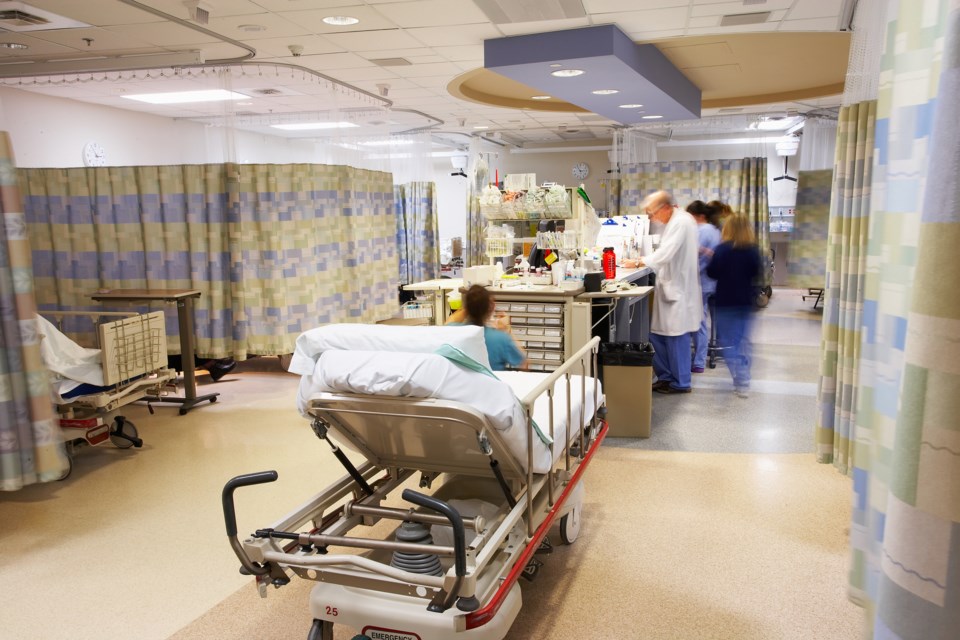WEYBURN - Limited beds, reduced staffing and low morale are just some of the issues plaguing emergency room departments across Canada. It has become more important than ever that we all do our part to prevent additional pressure on the already taxed emergency rooms in our communities.
A crowded emergency room is nothing new in Saskatchewan, where years of government reports have outlined backlogs in acute care, but veteran physicians say the current crisis has been harder and longer than any they remember.
It is important to remember that after two years of the COVID-19 pandemic, many health care workers were faced with extra responsibilities and restrictions in their workplaces. Hospital beds were taxed, and multiple rural hospitals had to face disruptions to their emergency rooms due to staffing challenges.
COVID-19 was a stressful time for many people. It is no surprise that many health care workers felt the need to scale back their work hours or leave their jobs entirely in response to the additional stress in their lives. It has become challenging for the government to find health care workers, even with the province introducing a number of new investments to recruit and retain future workers.
During the past two years, with the increased demand for hospital beds, there were many patients who had sought help for medical issues that went unaddressed. Some scheduled surgical care (such as hip and knee replacements) were delayed. Cardiac care involved diagnostic procedures to determine urgency, the data indicates that a moderate approach was taken in balancing the risk of delaying care with the risk of COVID-19 infection and resource availability.
Health care systems will continue to face two major, additional, collateral issues. The first will be the physical and mental exhaustion of the health care workforce, along with worn-out hospital infrastructure. The second will be the growing backlog of health care procedures. It will take time for the recruitment of health care workers, and patience for our already taxed health care system to recover from the pandemic.
Despite the pressures facing hospitals, it’s critical no one feels dissuaded from visiting the emergency department when they need urgent medical attention. There is no all-encompassing guideline around when or when not to head to the ER, given each patient has his or her own unique considerations.
Patients who are unsure where to seek care should call the 811 telehealth hotline, which is often staffed by nurses who can provide health advice and connect patients to other services. Also remember to utilize the newly introduced 211 Saskatchewan line, which offers a database of over 6,000 communities, social, non-clinical health, and government services.




